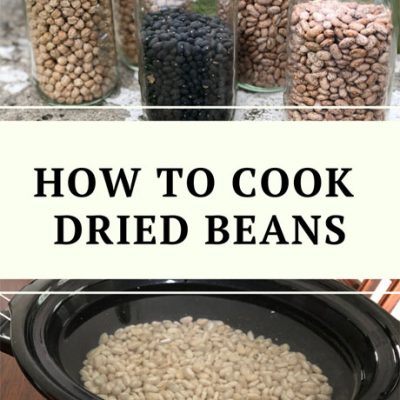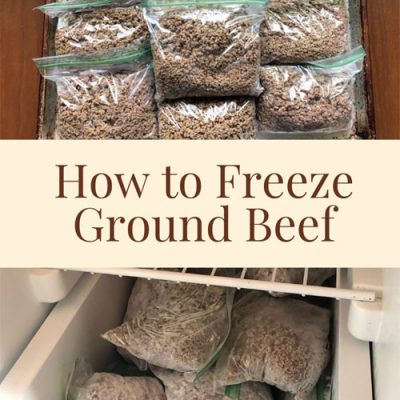Welcome Welcome to Blessings Overflowing! Thank you for stopping by my little corner of the blogosphere. I am so glad you are here. My name is Jackie. I am a child of God, a wife, and a mom to 5 wonderful kids. I love all things DIY, and I have more hobbies than a busy mom probably should. I have been a working mom, a stay at home mom, a work from home mom, and now I am back to being a working mom as I have gone back to teaching after a 15 year … Read More
Blessings Overflowing
Faith~Family~Creativity








